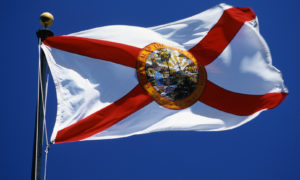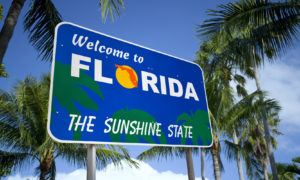In states with recreational and medical cannabis, it’s required to label cannabis and cannabis-related products with lists of ingredients, pesticides, and chemicals used in the grow or extraction processes & sometimes during testing. California cannabis labeling requirements are the state’s first labeling rules for cannabis and cannabis-related products. While the state is yet to finalize their rules and regulations, we can reasonably assume based on how other states are operating that California will include basic labeling requirements like:
- Ingredients, pesticides, or solvents, used during the grow or extraction process
- Potency results as well as any additional QA Testing results
- Product barcode and unique identifier
- Business Info
- Warning labels & disclaimers
Based on California cannabis labeling requirements listed in the state’s pending cannabis program rules, it’s easy to assume these are the only labeling requirements you need to follow. However, should you dig past cannabis-specific laws, you’ll notice there are other rules and regulations at play that were not intended to cover cannabis, but directly impact how the product can legally be sold in the state.
In 1986, California voters approved Proposition 65, which was an effort to address growing concerns about exposure to toxic chemicals, administered by the Office of Environmental Health Hazard Assessment (OEHHA). Under Prop 65, the state is required to publish a list of all chemicals that are known to cause cancer or birth defectives or other reproductive harm; the list is updated once annually. Proposition 65 requires businesses to notify Californians about significant amounts of chemicals in the products they purchase, in their homes or workplaces, or that are released into the environment.
So how does this list affect cannabis businesses? In 2009, “marijuana smoke” was added to the state’s list of known cancer causing agents. That means that California cannabis labeling requirements technically require you to label all smokeable cannabis product with the following warning, “This product is known to cause cancer.” Without this label, you’re at risk of noncompliance and fines, but none of the state’s draft rules and regulations related to cannabis mention this because it’s a rule that is enforced outside of the state’s governing body that handles the cannabis program; just another intricacy that will make it extremely complicated for licensees to navigate effectively.
So what about all of my other, non-smokeable cannabis products like edibles, tinctures, and topicals? While the law singles out “marijuana smoke” as the known cancer causing agent, there are an abundance of different chemicals that may be used in the cultivation or extraction process and it’s highly likely that some of them are included in the state’s list of known cancer causing agents. Although Prop 65 does not currently have any requirements for labeling as it relates to non-smokeable cannabis products, it can be expected that they will be added when the state updates their list in the coming year. As a precaution and to avoid the risk of hefty fines and sometimes even lawsuits faced by many, including this redditor, we highly suggest including this label on all of your cannabis and cannabis-related products in your inventory as a precaution. What else is lurking in the maze of laws, even outside of the draft cannabis rules and regulations?
Link to Marijuana Smoke Prop 65 Regulations
Link – The Weed Blog




































